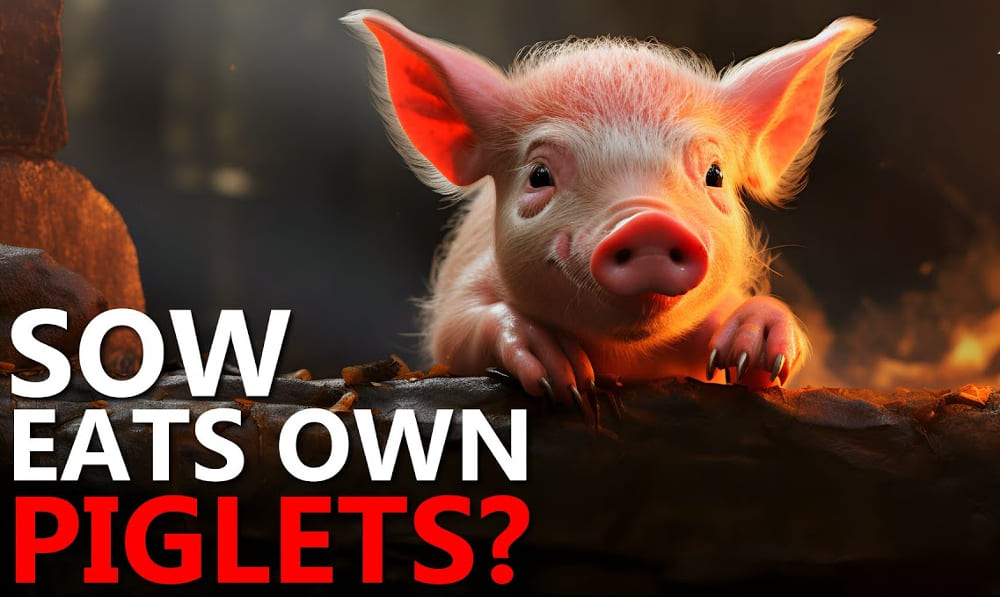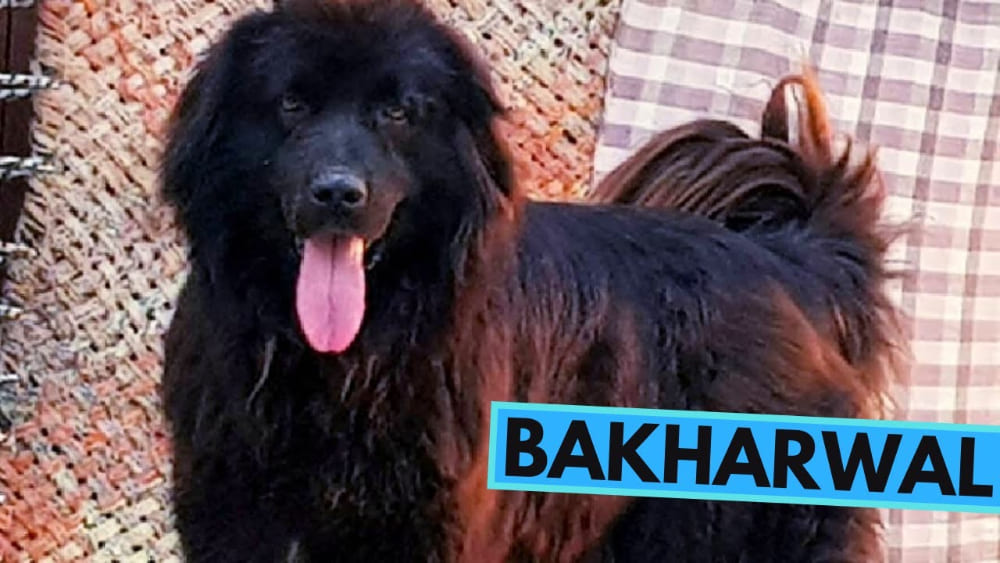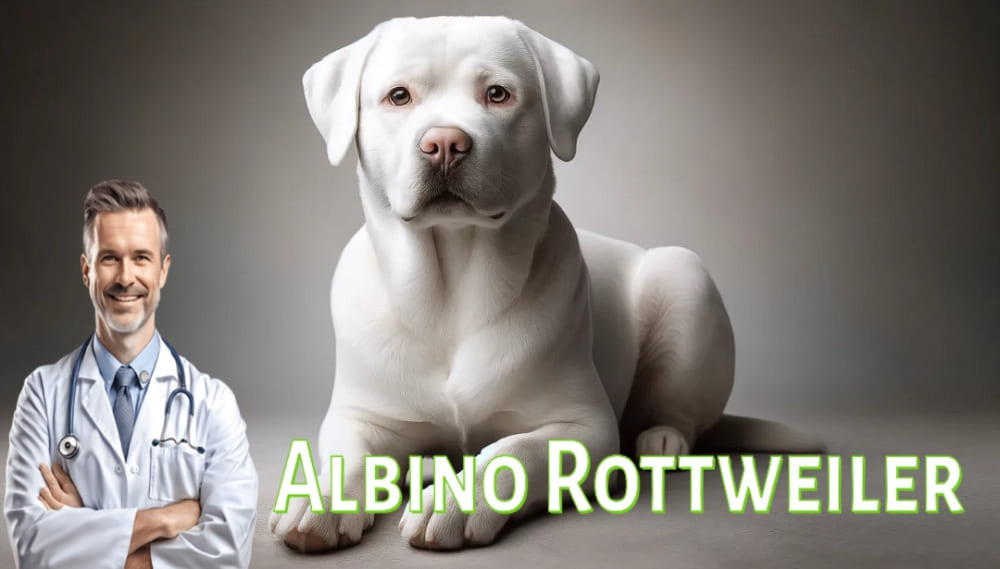Some pigs consume their feces though most do not practice this behavior. This behavior is called coprophagia. Migration of waste material through the animal kingdom happens naturally in several types of animals although it may appear unappealing. Many pigs consume feces as a method to extract additional nutrients which their digestive system did not initially process. The body of pigs has a natural mechanism to recycle vitamins and minerals through this method. Young pigs learn how to consume solid food through consuming their mother’s excrement. Solid food consumption through the consumption of mother’s fecal matter allows young pigs to develop healthy digestive systems. The appearance of dirtiness should not fool us since pigstika is a standard behavior in their wild nature.
Do Pigs Eat Their Babies
The practice of pig killing their babies most often occurs to weak or ill piglets. When a mother pig consumes her young it happens due to her belief that those babies would not survive whereas the others will thrive. The existence of multiple stressors as well as inadequate food and substandard living environment frequently leads pigs to display this dangerous behavior pattern. Farmers stop this behavior through proper feeding practices and suitable housing facilities. Farmers experience frustration after such incidents occur although this behavior remains uncommon.
Do Pigs Eat Other Dead Pigs
Dead pigs serve as occasional food for pigs although such occurrences are rare. Instances of pig consumption of dead animals tend to occur when hungry animals lack sufficient food. Pigs in the wild function as scavengers alongside other animals because they consume whatever accessible food they encounter. Agribusiness operators react immediately when pigs die to stop surviving animals from consuming the carcass. The clean management of the living area alongside proper food distribution for all pigs is essential for disease prevention because dead pig consumption may transmit diseases.
How Many Farmers Get Eaten by Pigs
Farmers encounter such an extreme incident of being eaten by pigs with extremely low probability. Pigs pose danger to humans mainly when they feel threatened or starved but such incidents remain infrequent. Most farmers maintain expertise in handling pigs with safety measures to stop dangerous behaviors from occurring. Humans experience hostilities from pigs only when such animals perceive provocation. The strength of pigs as large animals becomes dangerous when farmers fail to demonstrate proper care and respect.
Do Pigs Eat Anything
The omnivorous dietary habits of pigs make them able to consume various types of food materials. Pigs consume a combination of plants and vegetables together with fruits and grains and meat. Natural environments require wild pigs to feed on both plant materials and small animals as well as dead animals. The standard diet for farm pigs incorporates grains together with vegetables alongside food discards. Farmers administer proper nutritional diets to pigs for their health maintenance. The wide food selection drive of pigs enables them to sustain their lives when they live across varied ecological settings.
Questions and Answers
The behavior of consuming feces serves as a source of additional nutrients that pigs were unable to utilize during their first digestion. Pigs engage in this behavioral pattern as one of various normal practices displayed by different species.
The mother pig may consume unhealthy piglets due to their ill or weak condition. The mother uses this practice to protect the stronger offspring.
The situation indicates a stressed pig along with hunger as well as weak offspring. The behavior indicates unfavorable conditions in which the pig exists.
The behavior of pigs includes eating their afterbirth due to natural instincts. The normal behavior of eating afterbirth helps both maintain sanitation and lower predator interest in the area.
In their natural habitat pigs feed on small prey as well as insects together with deceased animal remains also known as carrion.
The consumption of deceased pigs carries the risk of transmitting numerous diseases. Farmer operations normally handle dead pig removal promptly in order to stop disease transmission occurrences.
Farmers must maintain stress-free living conditions combined with adequate food to observe pig behavior in order to prevent such behaviors.
Occasional dangerous behavior may occur when pigs become fearful or starved but attacks on human beings rarely happen.
The dietary intake of human food scraps by pigs remains possible when managed in balance with proper nutritional principles.
Wild pigs feed on a wide range of food sources that include plant material and small animals and dead bodies but farm pig diets are strictly managed.





